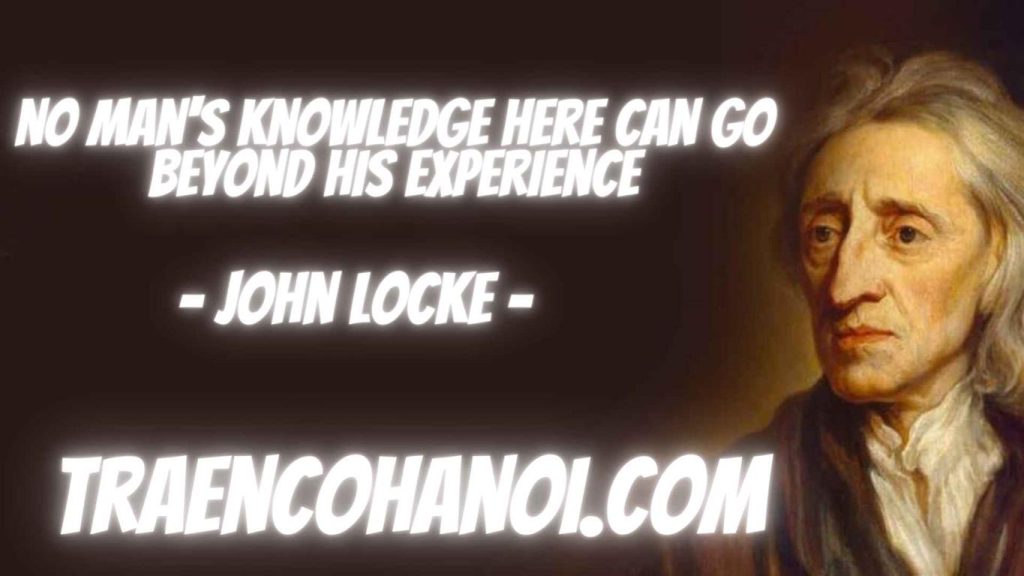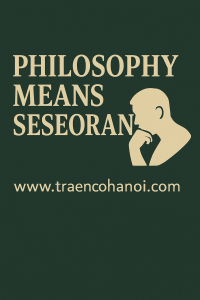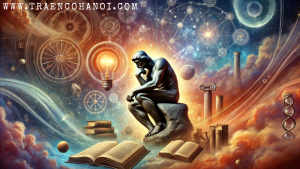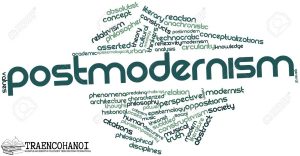
john locke
Introduction John locke
John Locke, a name synonymous with the birth of modern liberal democracy, is a towering figure in the history of political philosophy. His groundbreaking ideas on government, education, and human nature laid the foundations for the Enlightenment and influenced the development of modern western society. In this article, we delve deep into the life, philosophies, and impact of this iconic thinker.
Early Life and Education
Born in Wrington, Somerset, England, in 1632, John Locke was raised in a Puritan household. His father was a lawyer and a small landowner who had fought on the side of the Parliamentarians during the English Civil War. Locke received his early education at the prestigious Westminster School before earning a scholarship to study at Christ Church, Oxford, where he would immerse himself in the study of medicine, science, philosophy, and classics.
Philosophical Foundations
But Locke’s philosophies were deeply influenced by the turbulent political climate of his time. Through meticulous observation and contemplation, he developed theories that challenged the prevailing notions of divine monarchy and advocated for individual liberties and government by consent.
Empiricism John locke
But One of Locke’s significant contributions to philosophy is his emphasis on empirical evidence. Through his work, “An Essay Concerning Human Understanding,” Locke contested the theory that humans are born with innate ideas. Instead, he proposed that knowledge comes from experience and observation, establishing the foundations of empiricism which later influenced thinkers such as David Hume and George Berkeley.
Social Contract Theory
In his seminal work, “Two Treatises of Government,” Locke detailed his views on the social contract theory. He posited that individuals have natural rights to life, liberty, and property. These rights were inalienable and government’s role was to protect these rights, deriving its legitimacy from the consent of the governed. This theory drastically moved away from the divine right of kings, emphasizing the contractual relationship between the government and the populace.
Education and Religious Toleration
Apart from politics, Locke had discerning views on education and religious toleration, which were both progressive and human-centric.
Educational Philosophy
In “Some Thoughts Concerning Education,” Locke emphasized nurturing a child’s mind through practical knowledge rather than mere rote learning. He advocated for a broader curriculum including physical education and the learning of modern languages. Locke’s educational theories underscored the importance of individual development, laying groundwork for modern educational practices.
Religious Toleration
Locke was a proponent of religious toleration at a time when Europe was marred with religious conflicts.while In his “Letter Concerning Toleration,” Locke argued for a separation of church and state, emphasizing that religious beliefs were a private matter
Later Life and Legacy
In the latter part of his life, Locke returned to England after spending several years in the Netherlands, a period during which he penned most of his significant works. Locke’s return coincided with the Glorious Revolution, which saw the establishment of a constitutional monarchy in England.
Locke’s philosophies took on a life of their own, shaping the Enlightenment era and providing the intellectual fodder for revolutionary movements globally. His ideas were evident in the American Declaration of Independence, which echoed his views on individual liberties and government’s role in safeguarding them.
Conclusion John locke
But John Locke, often referred to as the “Father of Liberalism,” revolutionized philosophical thought with his emphasis on individual rights, governmental checks and balances, and the sanctity of private property. His belief in the power of reason and the potential for progress through collaborative efforts heralded a shift from absolutist regimes to democratic governance structures.
Locke’s influence transcends centuries, resonating in modern democratic societies’ ethos, which underscores the protection of individual rights and the creation of equitable, tolerant, and inclusive communities. His philosophies continue to serve as guiding principles for nations and are a testimony to the depth of his understanding of human nature and society.
In a world that still grapples with the concepts of freedom, equality, and justice, Locke’s theories offer a blueprint for a society rooted in respect for individual liberties and mutual cooperation. His life and works stand as a beacon, encouraging continuous exploration of the ideals of liberty, tolerance, and rationality to build a society that honors the dignity and worth of every individual.







